FHI 360
All Member Updates
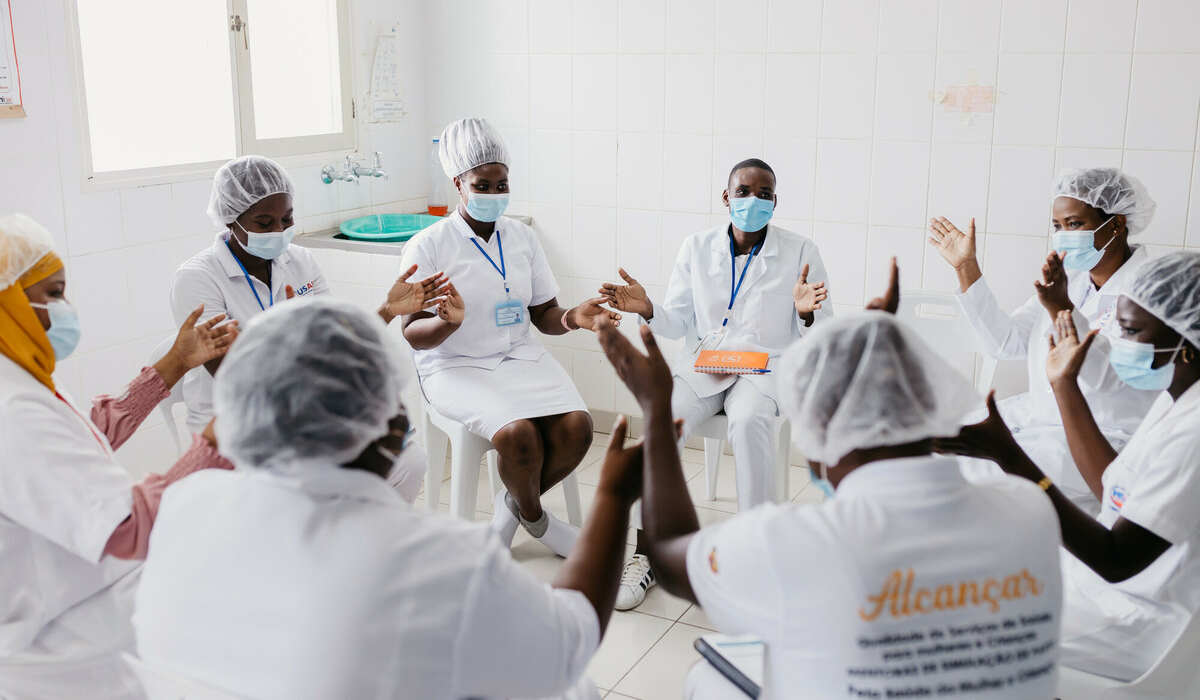
How to save mothers and newborns from preventable deaths
Mothers and newborns are dying from preventable causes every day in countries around the world. In Mozambique, Zimbabwe and Uganda, working with health care providers, communities and at the national level, FHI 360 puts maternal and newborn health services within reach for mothers and babies. FHI 360 operates at all levels of health systems, in collaboration with local partners and ministries of health, to create lasting changes that will help mothers and babies live full and healthy lives. Learn more.
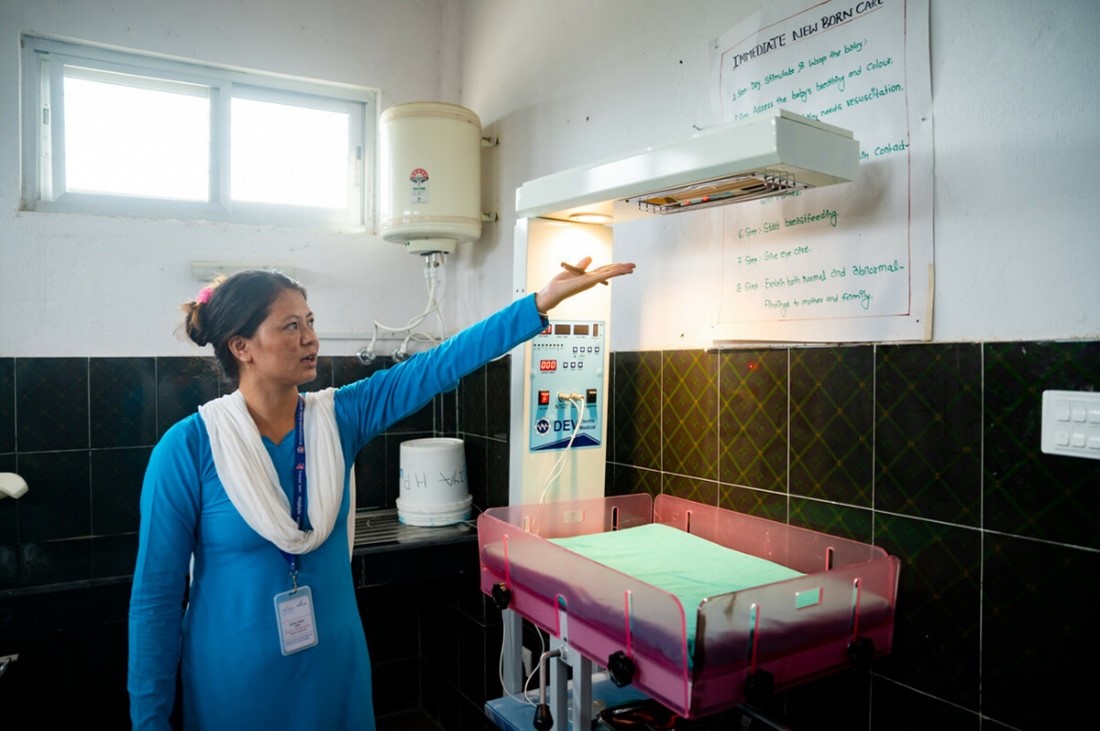
Tranformation starts with the right tools
FHI 360’s Good Governance Barometer (GGB) is a scoring system that helps a community get a clear picture of where they are and what needs to improve to meet their goals. In Nepal’s rural municipality, Suddhodhan, the community's leadership used the GGB tool to improve their health facility (Patariya Health post) to address the community’s needs and make services accessible to more diverse groups. Learn more.
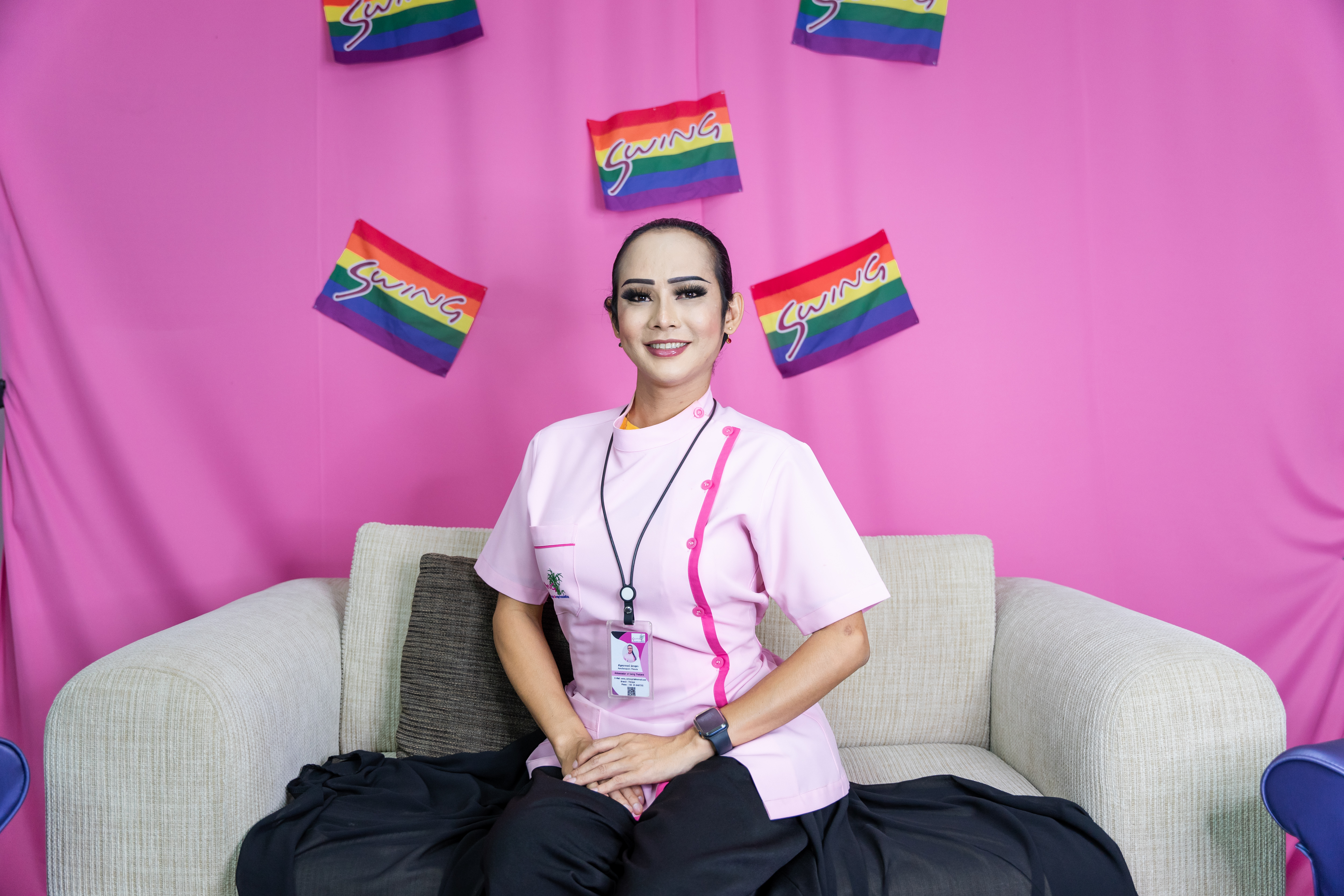
Connecting sex workers in Thailand to HIV care
Reaching key populations is critical to reduce HIV transmission and achieve epidemic control. Key populations include sex workers, transgender people and men who have sex with men. FHI 360 and long-standing partner SWING Pattaya, in Thailand, use outreach counselors to help connect key populations to HIV testing, prevention and treatment. View the photo story.
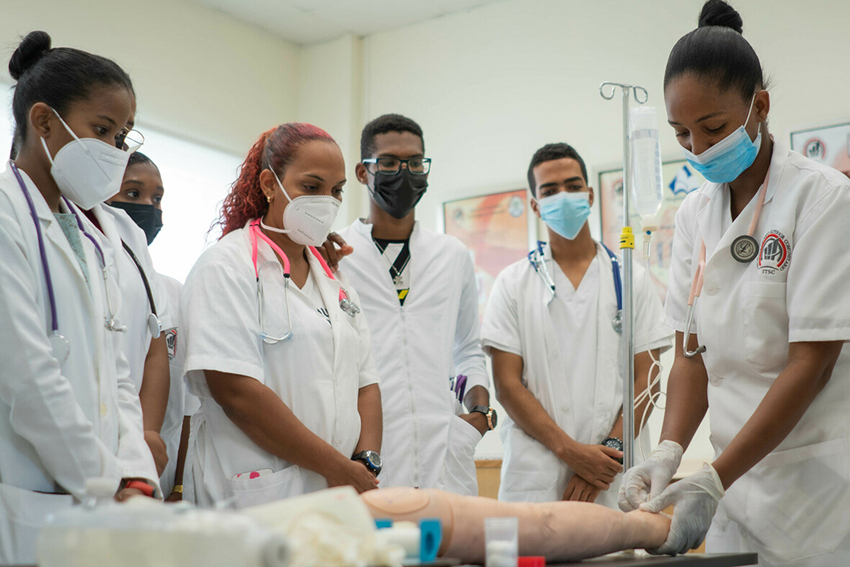
High-growth careers require soft skills, too
The Dominican Republic has one of the fastest-growing economies in Latin America, yet its employers are struggling to find qualified applicants for jobs such as software development and nursing. FHI 360’s Advance LAC Regional Workforce Development Program (known locally as “Avanza,” meaning “get going” in Spanish) aims to help marginalized young people in the Dominican Republic gain employment in growing sectors of the economy. Learn more.
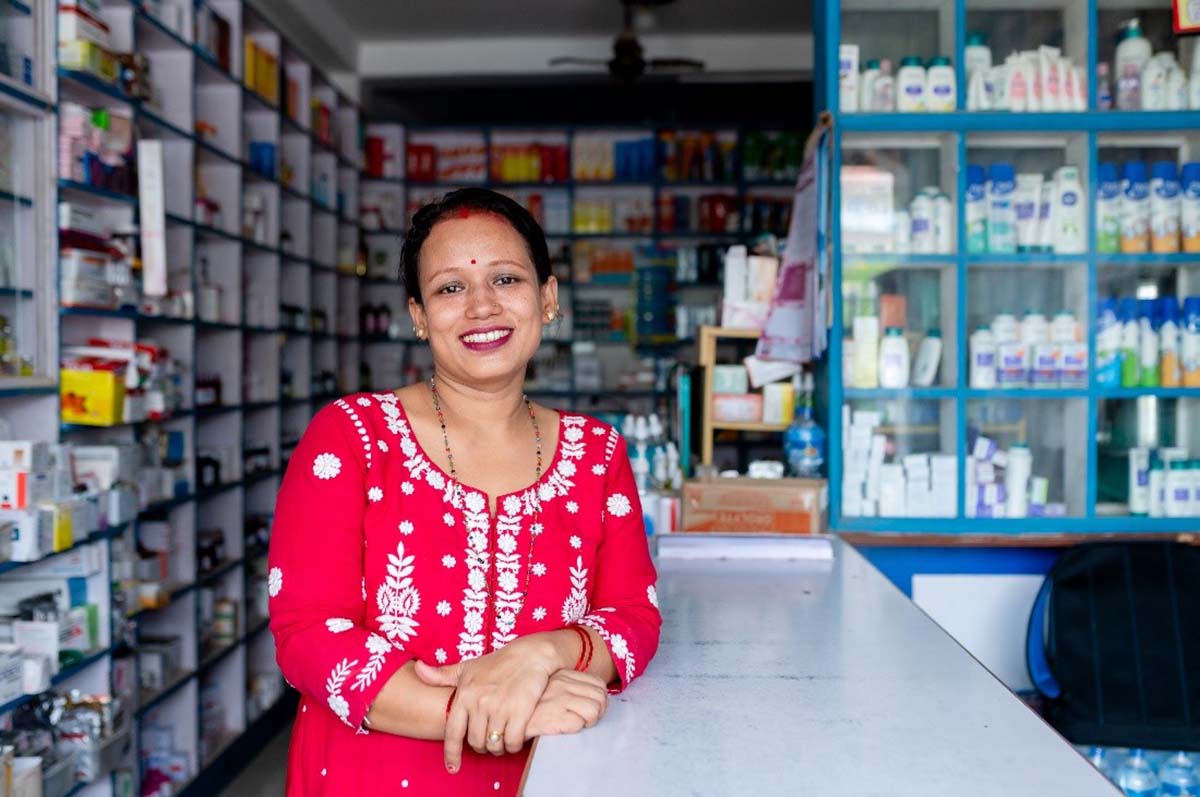
From sales to service: One woman's journey as a family planning champion
Sujata Kumari Singh developed her business skills and knowledge of voluntary family planning, including adolescent sexual and reproductive health, through trainings provided by FHI 360's MOMENTUM Private Healthcare Delivery Nepal project. Now, Singh is using her role at her family's pharmacy and her newfound contraception expertise to bring young people the information they need. Learn more.
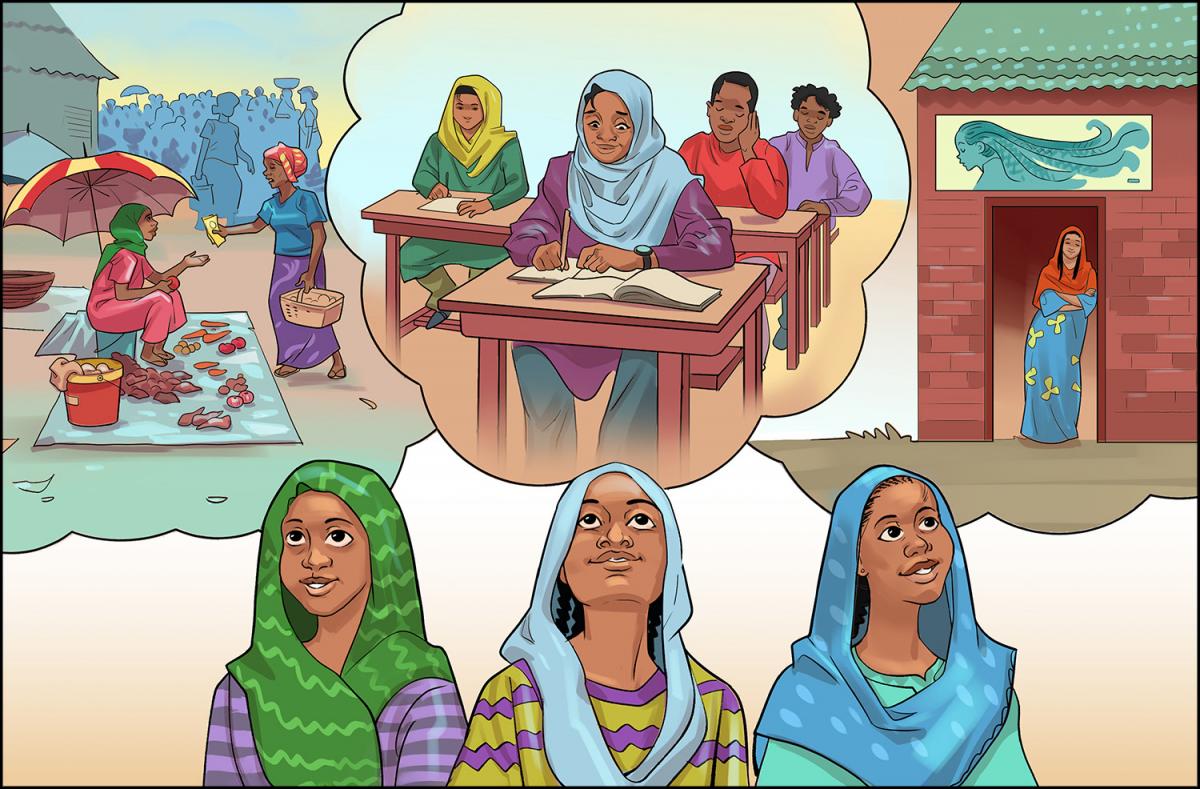
Education opens gateways for young people in Senegal
In close partnership with the traditional Islamic community of Medina Gounass and its religious leaders, FHI 360’s U.S. Agency for International Development (USAID) Passerelles team works to build gateways to high-quality, relevant education for girls and other young learners in Senegal. The partnership works with “daaras” (Quranic schools), or informal schools, to formalize education and provide specialized training to teachers, teacher coaches and inspectors, with the goal of creating safer and engaging learning environments that motivate students to advance in their studies. Learn more.
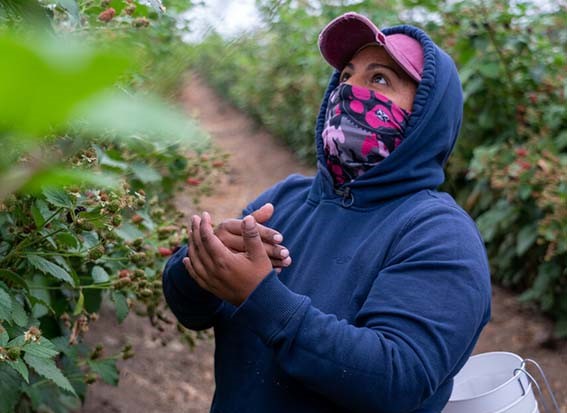
Beyond early childhood education
FHI 360, through its local Migrant and Seasonal Head Start programs, is working to provide the children of migrant farmworkers with high-quality, affordable, and reliable early childhood education. Explore this photo story to learn how MSHS is making a difference in the lives of migrant farmworkers.
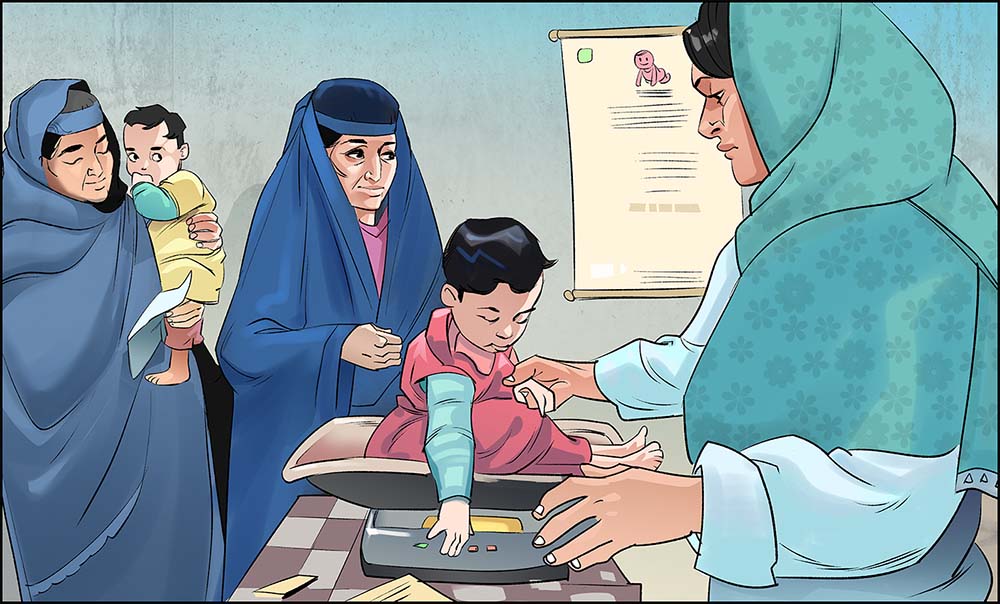
Afghanistan's food crisis through the eyes of a mother
To combat malnutrition, FHI 360 is working with Afghan NGOs to train front-line health and humanitarian workers to deliver emergency nutrition services to pregnant and lactating women and their infants. So far, FHI 360 and its partners have trained more than 100 people in five workshops, with more workshops scheduled. Learn more.
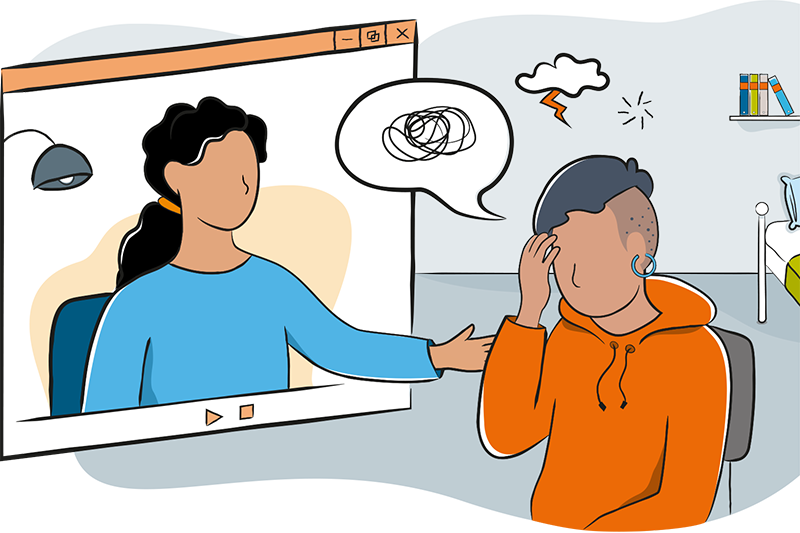
Creating virtual safe spaces for people affected by HIV
For Fouzia Farid-Mabrouki, a Moroccan psychologist, the COVID-19 pandemic has shown her that virtual therapy works. And it helps people feel safe—“especially those who want to be anonymous.” Since September 2021, FHI 360 has partnered with local psychologists to provide stigma-free mental health care to those living with HIV—including members of the LGBTQ+ community—in the MENA region through the MENA Moves project. Learn more.

Finding hope in the kitchen
The outlook for Omar’s future was grim, as it is for many Jamaicans recruited at a young age into lives of crime and violence. Then he met Latoya and was introduced to FHI 360 and USAID's Local Partner Development project, where he found the support he needed to make a change. More information.